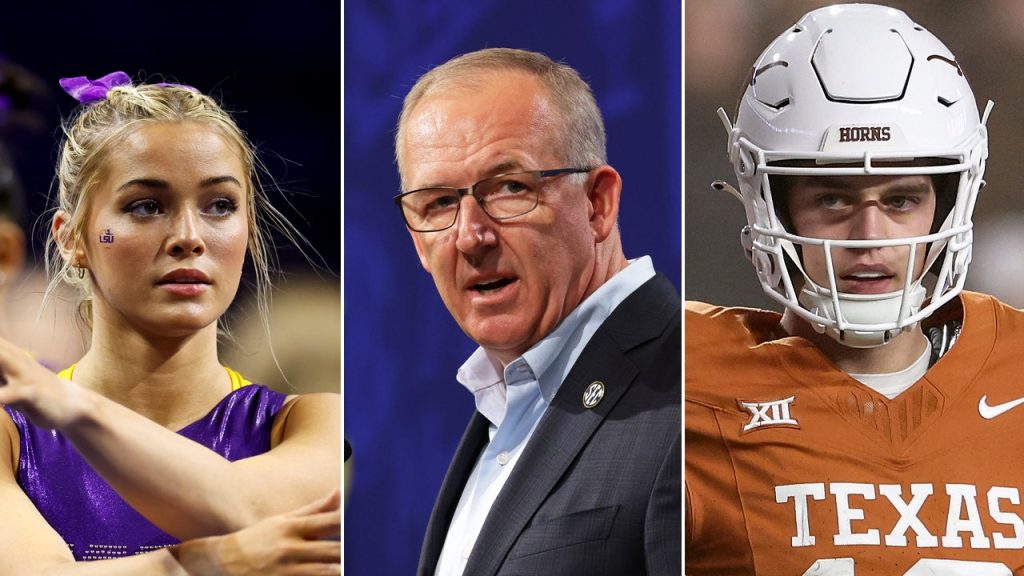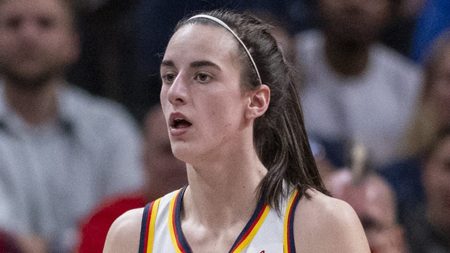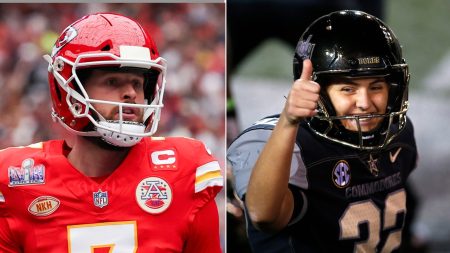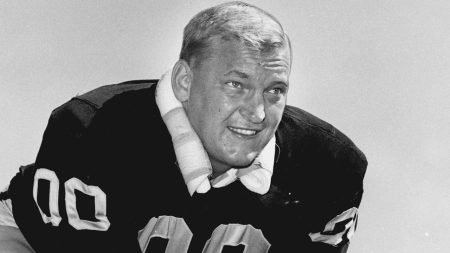The landscape of college athletics is on the brink of change thanks to an upcoming antitrust lawsuit set to go to trial in January 2025. The lawsuit focuses on revenue sharing for student athletes and former players involved in the House vs. NCAA lawsuit. Experts predict a judgment of nearly $4 billion for the plaintiffs, which could lead to significant changes in revenue sharing in college athletics. The NCAA is trying to avoid classifying athletes as employees, but they may be forced to backpay athletes, resulting in around $1 billion in settlement figures. The ongoing settlement discussions aim to prevent a court case and create a long-lasting revenue sharing model with athletes.
The antitrust lawsuit seeks retro-pay for damages caused by former athletes being unable to capitalize on their name, image, and likeness. While the ongoing lawsuits and revenue sharing are separate issues, NCAA and conference leaders are trying to address both simultaneously. The House vs. NCAA lawsuit could be a pivotal moment in the history of college athletics. Athletic departments are discussing ways to sustainably manage budgets as revenue sharing is introduced, with potential annual figures ranging from $13-20 million per school. The Power-4 conferences are leading the way in terms of potential revenue share, with schools from these conferences having more financial resources to navigate the changes.
The current negotiations highlight the disparity in resources between Power-4 conferences and smaller conferences. Schools in the Power-4 have substantial revenue streams from various sources, including television contracts, ticket sales, merchandise, and booster donations. While revenue sharing could force schools to reassess their financial priorities temporarily, they are working to ensure student-athletes benefit from the potential model. The impact of revenue sharing on non-revenue sports and Title IX compliance is a critical consideration. As discussions progress, addressing the financial challenges of non-profitable sports will be essential to avoid further lawsuits.
College athletics is at a crossroads as conference commissioners work towards a deadline with the upcoming litigation. Spring meetings for conferences present an opportunity for administrators and commissioners to address funding and financial concerns. The impending changes are moving swiftly, with the founder of Athletes.org emphasizing the importance of involving college athletes in negotiating any new deals. Athletic directors have numerous questions and are seeking answers as they navigate the evolving landscape shaped by NIL, transfer rules, and potential revenue sharing. The future of college athletics is being shaped at a rapid pace as stakeholders work towards sustainable solutions for all sports.
In conclusion, the impending antitrust lawsuit and ongoing discussions about revenue sharing in college athletics are poised to create significant changes in the way student athletes are compensated. The potential settlement figures and the need for a long-lasting revenue sharing model highlight the urgency of finding a sustainable solution. Power-4 conferences are leading the discussions, but considerations for non-profitable sports and Title IX compliance are crucial. As college athletics faces a transformative moment, conference commissioners and administrators are working towards viable solutions that meet the needs of all stakeholders. The upcoming meetings and negotiations will shape the future of college athletics in response to changing regulations and the demands of student-athletes.















